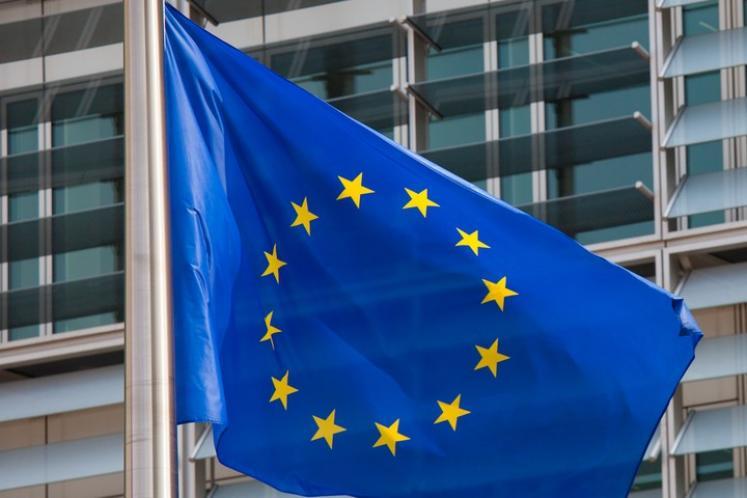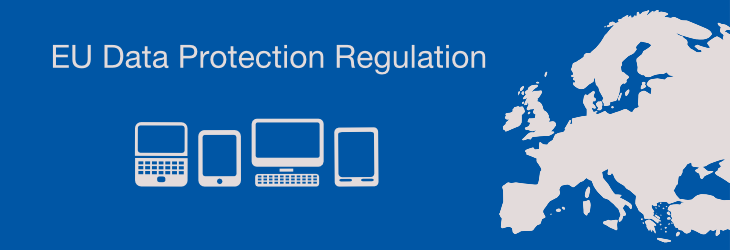
Scramble to Finalise Energy Performance of Buildings Directive before Christmas
 On 4 December, Estonia, the current EU presidency holder, called off discussions between the European Commission, Parliament and Council to finalise the recast of the Energy Performance of Buildings Directive (EPBD).
On 4 December, Estonia, the current EU presidency holder, called off discussions between the European Commission, Parliament and Council to finalise the recast of the Energy Performance of Buildings Directive (EPBD).
It was hoped that the talks would lead to a final agreement on the revised EPBD. However, the failure of the parties to reach a compromise means another round of talks is now scheduled for 19 December. The presence of the EU’s Climate Action Commissioner, Miguel Arias Cañete, highlighted the political importance of this directive.
The European Parliament entered the talks with a strong negotiating position. However, the 28 EU member state representatives in the Council were accused of a ‘lack of ambition and flexibility’ on the directive, making negotiations difficult.
One source of contention was the timetable for long-term renovation strategies – Parliament insisted on clear milestones for 2030, 2040 and 2050, while member states were reluctant to be as prescriptive.
The Estonian presidency is keen to wrap up the file on the EPBD before the end of their presidency. However, if there is no agreement on the 19 December, then it may well go into 2018, and fall within the remit of the Bulgarian presidency.
Further information can be found here.
Energy Efficiency Directive – Parliament Agrees 40% Target
On 28 November, Members of European Parliament (MEPs) in the Industry and Energy Committee (ITRE) voted in favour of a binding 40% energy efficiency target for 2030. This is far more ambitious than the 30% reduction proposed by the European Commission and sends a strong signal to Council ahead of negotiations on the recast of the Energy Efficiency Directive (EED).
In their vote, ITRE also supported an annual 1.5% savings obligation under Article 7. Loopholes in this article will also be eliminated whilst still allowing sufficient flexibility for Member States.
Reaching an agreement proved difficult as conservative groups led by German MEP, Markus Pieper, tried to form a coalition to block more progressive proposals. Despite this opposition, ITRE voted for a 40% target.
This vote is the final step before a plenary vote decides Parliament’s ultimate position. Once this is finalised, trilogue discussions will take place between the Commission, Council and Parliament.
European Parliament backs 35% Renewable Energy Target
 On November 28, Members of the European Parliament (MEPs) in the Industry and Energy Committee (ITRE) voted their position on the post-2020 Renewable Energy Directive.
On November 28, Members of the European Parliament (MEPs) in the Industry and Energy Committee (ITRE) voted their position on the post-2020 Renewable Energy Directive.
In the vote, MEPs agreed that by 2030, a minimum of 35% of all energy consumed in the EU should come from renewable sources, far higher than the 27% target proposed by the Commission in the Clean Energy for All Package.
The Industry Committee also strengthened the annual energy savings obligation but did not uphold national binding targets for renewable energy. MEPs also tabled amendments which would ensure that consumers who produce electricity on their premises are entitled to consume it and install storage systems without having to pay any charges, fees or taxes.
The position has been largely welcomed by industry and on 12 December over 50 multinationals urged the Council of the EU to adopt a target of 35%.
On 18 December, the Council of the EU will discuss it’s position on the Renewable Energy Directive ahead of trilogue discussions in the New Year.
Parliament backs Stricter Energy Governance Regulation
On 7 December, Members of the European Parliament voted in favour of a new legally-binding framework which will put pressure on EU countries to raise their ambitions for renewable and energy efficiency targets for 2030.
The report on the governance of the Energy Union, by Green MEPs Claude Turmes and Michèle Rivasi, was adopted during a joint session of European Parliament committees on both energy (ITRE) and the environment (ENVI).
Under the proposal, Member States will be obliged to submit energy and climate plans (NECPs) to the Commission by June 2019 and a second plan by 2024. Further, they will have to submit plans covering a ten year period every five years. This will be the first time planning, monitoring and reporting of energy and climate goals is covered in a single framework.
On 18 December, the Council of Europe will meet to discuss their position on the regulation. Once adopted, the regulation will be directly applicable in the legal framework of the 28 EU member states.
EU Data Protection Rules Expected in 2018
 In May 2018, Members States must transpose into law the EU Data Protection Reform which aims to strengthen citizens’ rights in the digital age and facilitate business by simplifying rules for companies in the Digital Single Market. It is hoped that this law will eliminate current fragmentation and administrative burdens.
In May 2018, Members States must transpose into law the EU Data Protection Reform which aims to strengthen citizens’ rights in the digital age and facilitate business by simplifying rules for companies in the Digital Single Market. It is hoped that this law will eliminate current fragmentation and administrative burdens.
Under the reform, the ‘General Data Protection Regulation’ will enable people to control their data better while new rules will allow businesses to make the most of the opportunities of the Digital Single Market by cutting red tape and benefiting from reinforced consumer trust.
Key principles for businesses include:
- One continent, one law: The regulation will establish one single set of rules which will make it simpler and cheaper for companies to do business in the EU.
- One-stop-shop: businesses will only have to deal with one single supervisory authority.
- European rules on European soil– companies based outside of Europe will have to apply the same rules when offering services in the EU.
BPIE Briefing on Renovation Published
Buildings Performance Institute Europe (BPIE) has published a new briefing examining the national renovation strategies of selected Member States. The briefing reviews the implementation of the 2014 version of the strategy and also examines the progress that has been made with the 2017 update.
In partnership with Renovate Europe, BPIE examined the renovation strategies of Croatia, the Czech Republic, France, Greece, Hungary, Ireland, Italy, Poland and Spain.
According to the analysis, the strategies showed that it is possible to introduce strategic policies and supporting measures which can benefit both citizens and the economy. The analysis states that these countries prove that progress in renovating the building stock is possible if there is political will.
The report and the executive briefing are available here.
